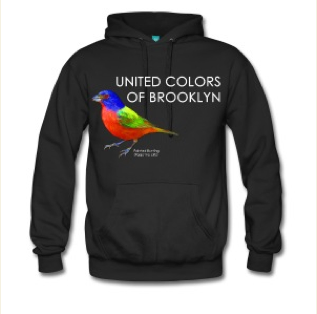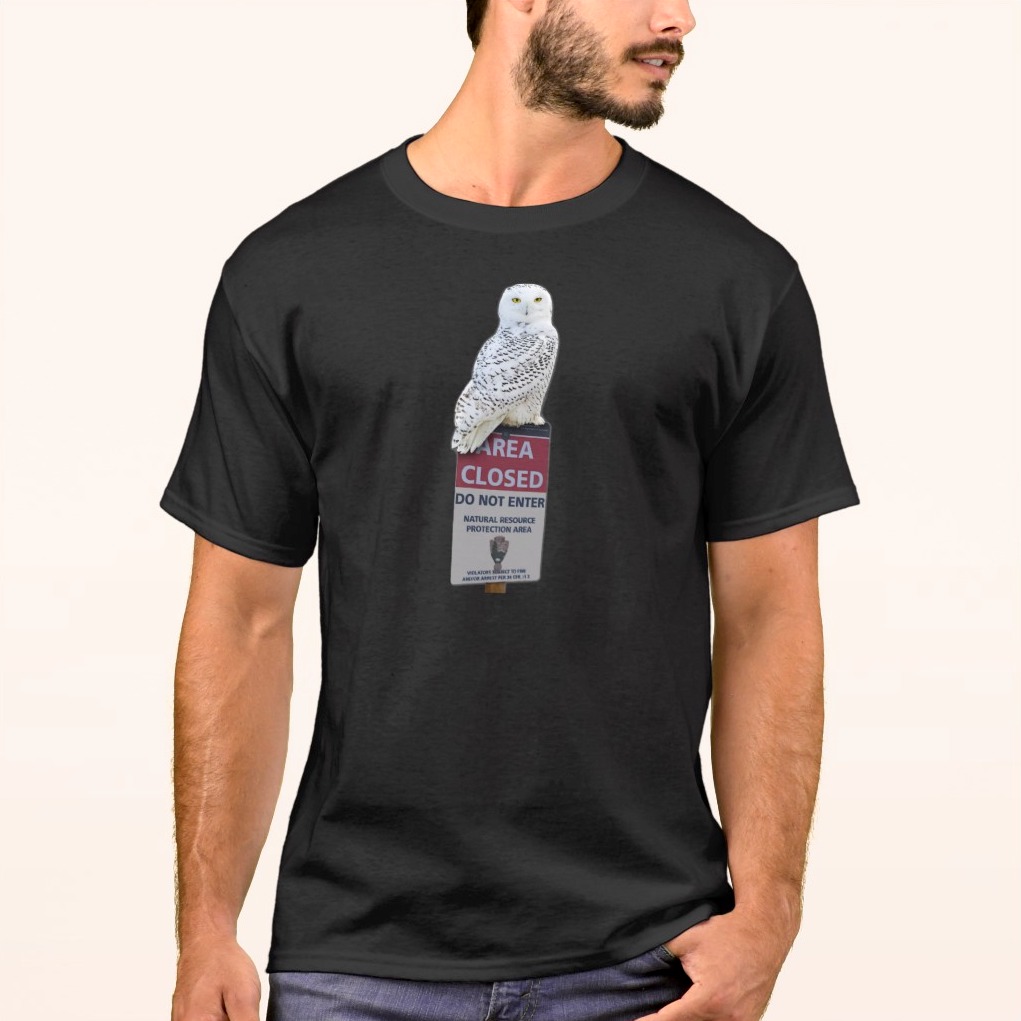New York City Rare Bird Alert
Below is the New York City Rare Bird Alert for the week ending Friday, June 3, 2016
-RBA
* New York
* New York City, Long Island, Westchester County
* June 3, 2016
* NYNY1606.03
- Birds Mentioned
BLACK-BELLIED WHISTLING-DUCK+
MISSISSIPPI KITE+
BLACK-NECKED STILT+
SOUTH POLAR SKUA+
ATLANTIC PUFFIN+
ARCTIC TERN+
(+ Details requested by NYSARC)
Cory’s Shearwater
Great Shearwater
Sooty Shearwater
Manx Shearwater
Wilson’s Storm-Petrel
LEACH’S STORM-PETREL
Red Knot
Pomarine Jaeger
Parasitic Jaeger
Least Tern
Gull-billed Tern
Roseate Tern
Common Tern
Forster’s Tern
Royal Tern
Black Skimmer
American Kestrel
Olive-sided Flycatcher
Acadian Flycatcher
Alder Flycatcher
Eastern Bluebird
PROTHONOTARY WARBLER
Mourning Warbler
Kentucky Warbler
Yellow-throated Warbler
Savannah Sparrow
Grasshopper Sparrow
BLUE GROSBEAK
DICKCISSEL
Eastern Meadowlark
If followed by (+) please submit documentation of your report electronically and use the NYSARC online submission form found at http://www.nybirds.org/NYSARC/goodreport.htm
You can also send reports and digital image files via email to nysarc44nybirdsorg
If electronic submission is not possible, hardcopy reports and photos or sketches are welcome. Hardcopy documentation should be mailed to:
Gary Chapin - Secretary
NYS Avian Records Committee (NYSARC)
125 Pine Springs Drive
Ticonderoga, NY 12883
Hotline: New York City Area Rare Bird Alert
Number: (212) 979-3070
Compiler: Tom Burke, Tony Lauro
Coverage: New York City, Long Island, Westchester County
Transcriber: Gail Benson
[~BEGIN RBA TAPE~]
Greetings! This is the New York Rare Bird Alert for Friday, June 3, 2016 at 6:00 pm.
The highlights of today’s tape are BLACK-BELLIED WHISTLING DUCK, MISSISSIPPI KITE, BLACK-NECKED STILT, pelagic trip results including SOUTH POLAR SKUA, ATLANTIC PUFFIN, and LEACH’S STORM-PETREL, ARCTIC TERN, BLUE GROSBEAK, PROTHONOTARY WARBLER, and DICKCISSEL.
Certainly a wonderful surprise were the 9 BLACK-BELLIED WHISTLING-DUCKS that appeared Saturday at the Salt Marsh Nature Study Area at Marine Park in Brooklyn; the ducks spent most of the day along the bay edge by the Nature Center building just south of Avenue U but could not be relocated there on Sunday. They’re floating around out there somewhere.
A MISSISSIPPI KITE was reported hawking insects over the Cemetery of the Resurrection on Staten Island last Sunday morning and again Wednesday morning, and another was to our north in Dutchess County on Monday. Brood V of the 17-year Cicadas is currently emerging mostly in the midwest but could be in New York, especially on Long Island, so watch for Kites in any area of emergence.
Yesterday, a BLACK-NECKED STILT was reported from the Smith Point Marina in Shirley on the west side of the William Floyd Parkway before the bridge over to Smith Point County Park, and it was present there again today. This is the same location as the one last year.
With landbird migration winding down rapidly, activity has shifted somewhat to the coast, where at Cupsogue County Park in Westhampton Dunes on Sunday the season’s first two ARCTIC TERNS appeared on the low tide flats north of the parking lot. These two sub-adults joined a gathering of TERNS that also included many COMMON, several FORSTER’S, LEAST, 2 adult ROSEATES and a lingering adult ROYAL plus some BLACK SKIMMERS. Good numbers of the expected seasonal shorebirds were also present, including 100+ RED KNOTS.
Other TERNS last Saturday included a GULL-BILLED at Nickerson Beach and a ROSEATE at Breezy Point, while 2 ROYAL TERNS visited the Plumb Beach area Saturday to Tuesday and 3 were in Bellport Bay last Saturday.
As hopefully a prelude to the upcoming pelagic trip , a private fishing boat last Sunday ventured out 82 miles southeast of Shinnecock Inlet and recorded 1 MANX, 1 GREAT, 15 CORY’S, and 53 SOOTY SHEARWATERS, 77 LEACH’S and 177 WILSON’S STORM-PETRELS, a SOUTH POLAR SKUA and single POMARINE and PARASITIC JAEGERS, 2 ATLANTIC PUFFINS, and 2 ARCTIC TERNS.
A sea watch along Dune Road today from Shinnecock inlet west to Cupsogue County Park produced 7 CORY’S, 1 GREAT, and 10 SOOTY SHEARWATERS, 85 WILSON’S STORM-PETRELS, and 3 PARASITIC JAEGERS.
Among the passerines, a male DICKCISSEL found last Friday at the Great Hill in the north end of Central Park stayed through Saturday, and among the later WARBLERS, MOURNING was still present today in the Ramble.
At Connetquot River State Park, where 2 male YELLOW-THROATED WARBLERS remain on territory between the entrance and the set of buildings, a male PROTHONOTARY WARBLER was found singing last Sunday nearer the fish hatchery
- though in seemingly good habitat, the PROTHONOTARY was not encountered after Sunday. When present near such rare New York nesters or potential breeders as these, please keep any disturbances to an absolute minimum and keep in mind that tape playing, especially when done excessively, could have a very negative impact on the presence and breeding success of species such as these.
This would of course also pertain to the KENTUCKY WARBLER heard singing at Muttentown Preserve Sunday and Monday as well as to the scattered few pairs of BLUE GROSBEAKS that are very slowly becoming established on Long Island. Commencing last Sunday, at least 2 different male BLUE GROSBEAKS have been noted around the southern periphery of the former Grumman Airport in Calverton, and the very productive grasslands there are home to a good number of GRASSHOPPER SPARROWS as well as such species as AMERICAN KESTREL, EASTERN BLUEBIRD, SAVANNAH SPARROW and EASTERN MEADOWLARK. This is an area well worth preserving.
Later moving FLYCATCHERS in the city parks have recently included OLIVE-SIDED, ACADIAN, and ALDER.
To phone in reports, on Long Island call Tony Lauro at (631) 734-4126, or weekdays call Tom Burke at (212) 372-1483.
This service is sponsored by the Linnaean Society of New York and the National Audubon Society. Thank you for calling.
- End transcript










No comments:
Post a Comment